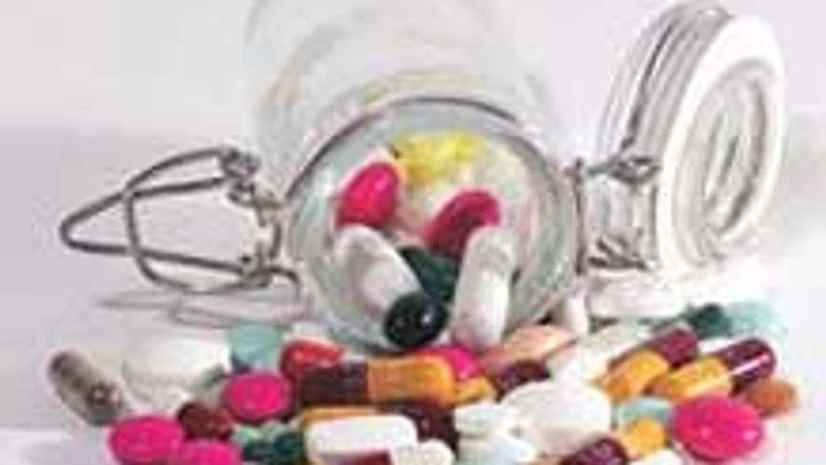Almost six years after forming a committee to derive a mechanism to negotiate and bring down prices of patented medicines in the country, the government has decided to dissolve the panel and dump the report the body submitted at the start of this year.
Now, the Department of Pharmaceuticals (DoP) has set up a new inter-ministerial committee with four representatives each from the Ministry of Commerce and Industry, Ministry of Health and Family Welfare, National Pharmaceutical Pricing Authority (NPPA) and one from the department itself to look at the issue, official sources said.
"The earlier committee and its report have been shelved because the department is of the view that market dynamics have changed over the years. Medicines that were available in the past have also changed along with the dynamics of companies selling these medicines and their market shares," an official told Business Standard.
More From This Section
However, according to the report, put out by DoP seeking stakeholder comments in February, the committee held 20 meetings, including with industry associations, non-government organisations and other stakeholders.
It also held a second round of consultation since March 2010 with pharma industry associations and the Federation of Indian Chambers of Commerce and Industry. Thereafter, a study was also commissioned by the committee to the Rajiv Gandhi School of Intellectual Property Law, IIT-Kharagpur, to find out mechanisms used for controlling prices of patented medicines in other countries.
The committee, which saw three chairmen because their tenures as DoP director kept expiring during these six years, had suggested prices of patented drug be linked to that of the UK, Canada, France, Australia and New Zealand. The price should then be adjusted by taking into account India's purchasing power parity, the committee recommended.
According to a source in the know of developments, some of the committee members even travelled to Canada and Australia to assess the situation there. "The fact that the committee took six years to arrive at a report itself reflects lack of seriousness and commitment of the government to bring under control prices of patented medicines, letting monopolies thrive," says Indian Pharmaceutical Alliance secretary general D G Shah.
Points out another industry expert: "The issue has already been hanging for a long time, similar to the drug pricing policy. In fact, the government decided to keep patented drugs out of the National Pharmaceutical Pricing Policy (NPPP) because they said a separate policy for patented medicines is already in the works and will be finalised shortly. Now, a new committee would mean uncertainty on timing again."
Patented drugs are mostly sold by multinational companies in India such as Novartis, Pfizer and GlaxoSmithKline Pharmaceuticals.
Patented medicines are generally expensive due to lack of competition. A company with a patent for a particular drug enjoys monopoly for at least 20 years as no other company is allowed to market the same product. However, there are exceptional provisions such as compulsory licencing that can be revoked by government to allow other companies even before the patent period is over. With the looming uncertainty of the government, patented drugs may continue to remain expensive.
PANEL DISBANDED
| The panel was formed to derive a mechanism to negotiate and bring down prices of patented medicines
| It was constituted through a memorandum in February 2007 and comprised seven members, including chairman
| It had suggested that prices of patented drug be linked to that of the UK, Canada, France, Australia and New Zealand
| Some of the committee members even travelled to Canada and Australia to assess the situation

)
